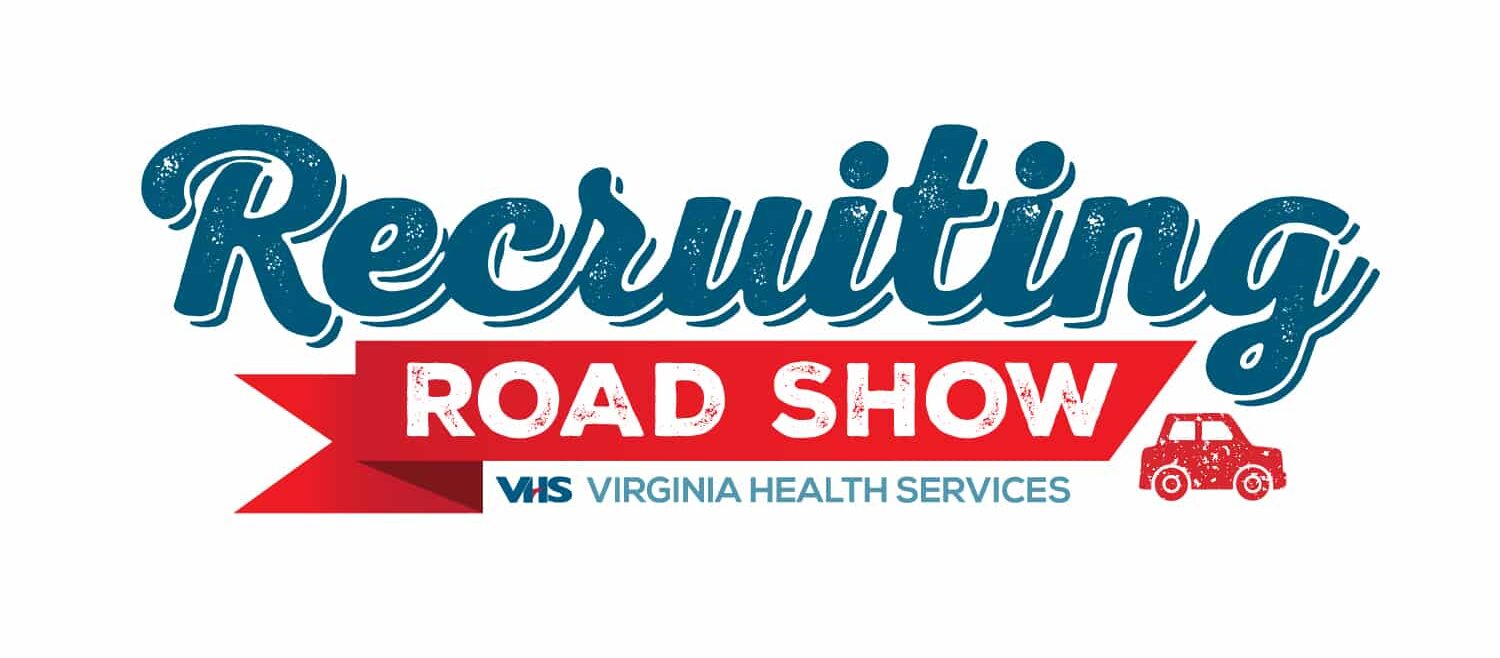The end of June marked the one-year anniversary of the Dialysis Den opening at Coliseum Nursing and Rehabilitation Cente…





CORPORATE OFFICE
240 NAT TURNER BLVD.
NEWPORT NEWS, VA 23606
757-596-6268
COPYRIGHT © 2025
VIRGINIA HEALTH SERVICES

Virginia Health Services Senior Recruiters Colleen Reynolds and Renee Turner will host quarterly Recruiting Roadshows at our seven nursing and rehabilitation centers in 2025. The